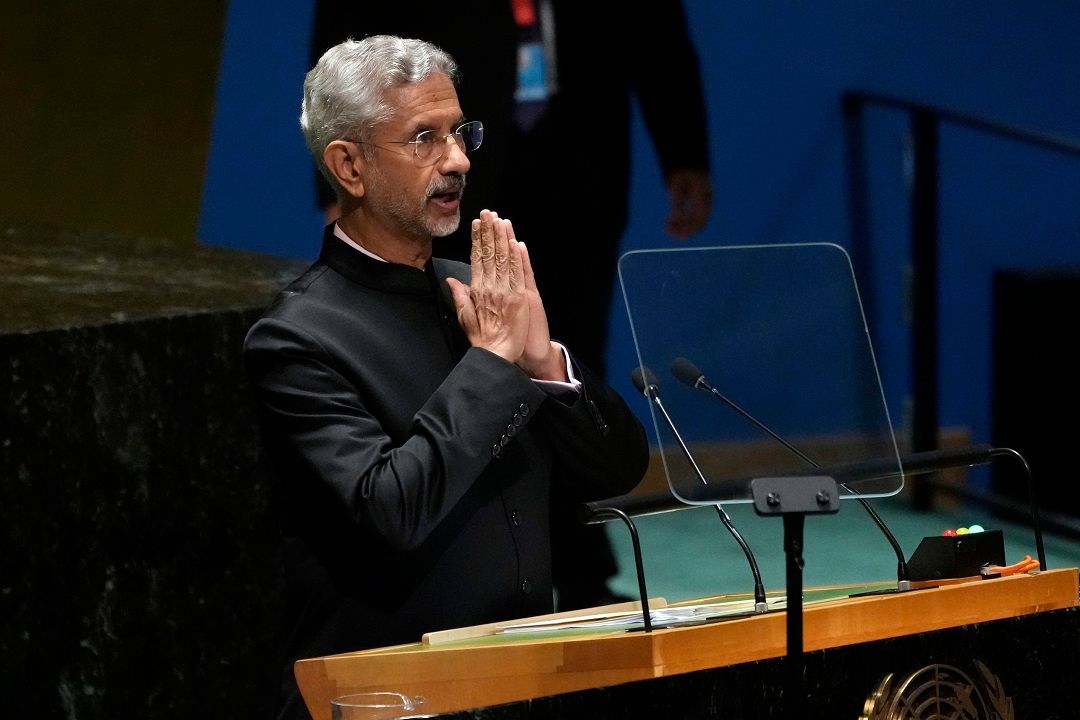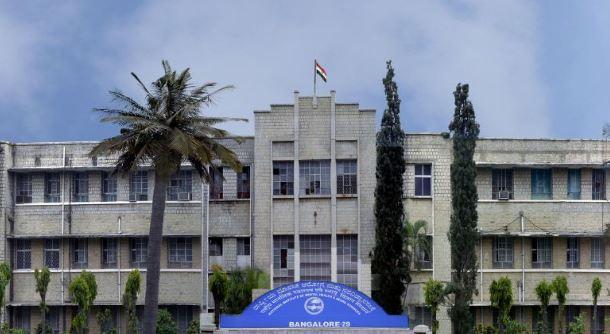Highlights from Indian External Affairs Minister S. Jaishankar Speech in 78th Session of UNGA

Union external affairs minister S Jaishankar addressed the 78th United Nations General Assembly. During his address, he spoke on several issues including India’s G20 presidency, respect for territorial integrity, global world order and others. The highlights from the speech are as follows:
Jaishankar Highlights Stability in India-Russia Ties:
India and Russia Maintain Strong and Steady Relationship
External Affairs Minister S. Jaishankar, during his visit to the 78th session of the United Nations General Assembly (UNGA), emphasized the stable and robust nature of India-Russia relations. Speaking at a conversation hosted by the Council of Foreign Relations in New York, Mr. Jaishankar provided valuable insights into the historical backdrop and current dynamics of this enduring partnership.
Consistency Amid Global Shifts
Jaishankar acknowledged the fluctuations in various international relationships over the past seven decades, such as the U.S.-Russia, Russia-China, and Europe-Russia ties. However, he underscored that the bond between India and Russia had remained remarkably consistent. This stability is attributed to both nations’ recognition of their roles as Asian powers, leading to a mutual desire to maintain a harmonious relationship.
A Structural Basis for Cooperation
India and Russia share a structural basis for cooperation rooted in their status as prominent Asian powers. Jaishankar emphasized that this understanding has been fundamental to their diplomatic ties. Both nations have striven to ensure that their relationship remains strong and beneficial.
Russia’s Shifting Focus Towards Asia
Discussing Russia’s foreign policy, Jaishankar highlighted that historically, Russia has primarily identified as a European power, despite its vast geographical presence across both Asia and Europe. However, events such as the Ukraine conflict have strained Russia’s relations with Europe and the West, prompting a shift in focus toward Asia. With substantial economic activity and recognition of its Asian identity, Russia is increasingly looking to engage more deeply in Asian affairs.
Predicting Russia’s Asian Diplomacy
Jaishankar predicted that Russia would exert considerable effort to build alternative relationships, particularly in Asia. These efforts would extend to various domains, including trade, economics, and potentially other areas. While the Russia-China relationship holds significant importance in this context, Jaishankar reiterated that India’s own relationship with Russia has maintained its steady trajectory since the mid-1950s.
Jaishankar on India-China Relations: A “Very Abnormal” State:
Challenges in India-China Relations
External Affairs Minister S. Jaishankar has described the state of relations between India and China as “very abnormal” over the past three years. Speaking during a conversation with former U.S. Ambassador to India Kenneth Juster at the Council of Foreign Relations in New York, Jaishankar shed light on the strained dynamics between the two Asian giants, particularly since the border clashes in 2020.
Unprecedented Military Tensions
Jaishankar highlighted the existence of a “high level of military tension” that has persisted over the past three years, contributing to the disruption of diplomatic contacts and visits between the two nations. This elevated military tension is a significant departure from the norm in the India-China relationship.
Impact on Perceptions
The Minister noted that this unusual state of affairs has had a profound impact on how China is perceived in India. He mentioned that India was gradually recovering from the effects of the 1962 war with China, but the recent developments have disrupted the progress and raised questions about the future trajectory of the relationship.
Lingering Uncertainty
Jaishankar hinted that the challenges in India-China relations may not be short-term but could persist for a longer duration. The large number of troops amassed at the border, which violated existing agreements, has severely affected the overall relationship. It is challenging to engage normally with a country that has broken such agreements.
China’s Unpredictability
In a somewhat satirical comment, Jaishankar remarked that dealing with China can be challenging because they often do not provide clear explanations for their actions. China’s unpredictability in terms of articulating the reasons behind their decisions adds complexity to diplomatic engagements.
A Complex Relationship
The External Affairs Minister underlined that the India-China relationship has never been easy. Despite past and ongoing challenges, the countries have tried to maintain communication and disengage troops along the Line of Actual Control (LAC) since the 2020 border clash. While some progress has been made in disengaging forward deployments, significant issues remain unresolved.
Jaishankar Addresses Manipur Situation and Human Rights Concerns:
Concerns in Manipur
External Affairs Minister S. Jaishankar addressed concerns regarding the situation in the northeastern state of Manipur during a conversation at the Council on Foreign Relations. He acknowledged that Manipur has experienced issues related to instability, and he pointed to the impact of migrants as one contributing factor to these challenges.
Efforts for Normalcy
Jaishankar highlighted ongoing efforts by both the state and central governments to restore normalcy in Manipur. These efforts involve strengthening law and order enforcement to prevent incidents of violence and recover seized arms. Additionally, he acknowledged that historical tensions have played a role in the situation.
UN Experts’ Concerns
Earlier in the month, a group of United Nations experts expressed their deep concern about reports of violence in Manipur, particularly targeting women and girls. They called on the Indian government to take robust action to investigate these incidents and hold those responsible accountable.
Response to UN Experts
India had previously rejected these comments, deeming them “unwarranted, presumptive, and misleading.” Jaishankar defended this stance, asserting that the situation in Manipur was peaceful and emphasizing that the comment was made by the spokesperson, not himself personally.
Criticism from Sweden’s V-Dem Institute and Freedom House
The Minister also responded to criticism from Sweden’s V-Dem Institute and U.S. government-funded NGO Freedom House, which had raised concerns about freedom and democracy in India. Jaishankar had previously criticized these organizations as “self-appointed custodians of the world.” In his recent remarks, he reiterated his position, suggesting that these reports were biased and contained inaccuracies.





